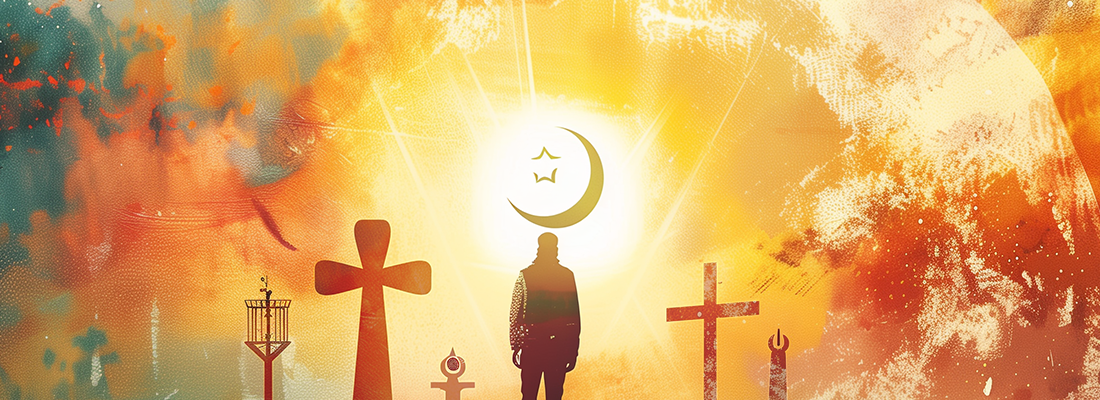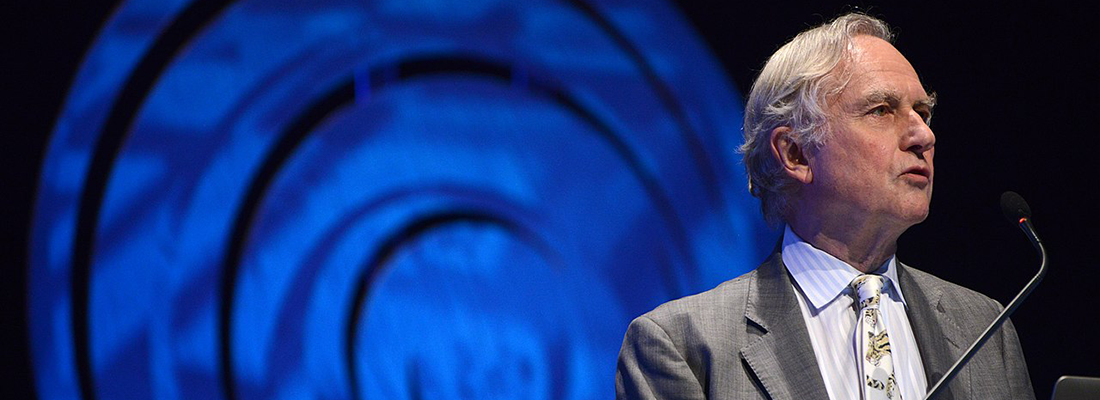



I recently came across Richard Dawkins’ latest remarks, where he labels himself as a “cultural Christian.” This phrase, especially coming from a figure who championed atheistic thought with such vigor, initially threw me for a loop. How does a staunch critic of religious belief find solace in the very cultural fabric he once seemed eager to unravel? This blog post is my attempt to unpack Dawkins’ paradoxical identity claim and explain why I think it doesn’t quite make him a Christian in the traditional sense.
The term “cultural Christianity” often pops up in discussions about secular appreciation for Christian traditions without adhering to the faith’s theological doctrines. It’s about enjoying the communal and cultural perks—like Christmas carols and community morals—that have their roots in Christian traditions, all while steering clear of actual spiritual belief. Dawkins, with his formidable reputation as a leading atheist, embracing this term is both intriguing and, admittedly, a bit perplexing.
Richard Dawkins has been a beacon for atheists everywhere with his critical views on religion encapsulated in his seminal book, The God Delusion. His arguments against religious doctrines have furnished many with the intellectual armor to challenge theistic beliefs. His recent alignment with any facet of Christianity seems, at first glance, a stark contradiction to his life’s work.
Dawkins’ recent interviews shed light on his nuanced take: he finds a sense of belonging in the cultural aspects of Christianity—he enjoys the hymns, the carols, and the “Christian ethos” that pervades his cultural landscape. Yet, he maintains a clear boundary between appreciating cultural elements and subscribing to the spiritual doctrines of Christianity.
By identifying as a “cultural Christian,” Dawkins is not converting, but acknowledging the undeniable Christian influences that permeate certain cultural aspects. This doesn’t dilute his atheism; instead, it opens up a dialogue about recognizing and respecting cultural heritage without needing to subscribe to its religious tenets.
Richard Dawkins remains a staunch atheist—his declaration of being a “cultural Christian” is not a religious awakening, but an admission of the cultural and ethical influences that Christianity has wielded over Western civilization. This label allows him to appreciate and critique these influences simultaneously, providing a unique standpoint from which to discuss the secular uses of religious culture.
Let’s talk about this: What does “cultural Christianity” mean to you? Is it possible to separate the cultural aspects of Christianity from its theological roots completely? I’m eager to hear your thoughts and engage in this fascinating discussion below.
I’ve included a link to the interview as well as embedding here in this blog post.
Watch the Richard Dawkins “Cultural Christian” interview with LBC News: https://www.youtube.com/watch?v=COHgEFUFWyg
* Photo used as the featured image in this article is courtesy of Wikimedia Commons | CC BY-SA 2.0 DEED